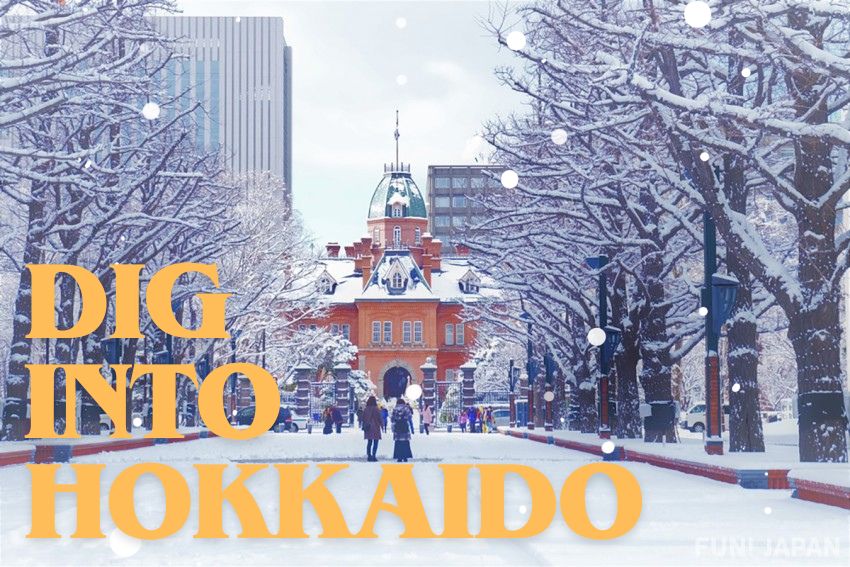Special Session - AI Regulation : Balancing Innovation & Governance
The rapid advancement of artificial intelligence (AI) technologies has led to unprecedented opportunities for innovation across various sectors. However, with this innovation comes the challenge of regulating AI to ensure ethical use, protect privacy, and prevent potential harm. This special session aims to address the pressing need for effective AI regulation in the global context. By exploring topics such as ethical frameworks, legal challenges, international collaboration, and the balance between innovation and governance, this session seeks to foster discussions on how to navigate the complexities of AI regulation. With the potential to impact society, economy, and individual rights, it is imperative to engage in dialogue and collaboration to develop regulatory frameworks that promote responsible AI development while fostering innovation and protecting human interests.
Special Session subtopics are listed but not limited to :
| ● | Ethical Frameworks for AI Development |
| ● | Legal and Policy Challenges in AI Regulation |
| ● | International Collaboration on AI Governance |
| ● | Impact of AI Regulation on Innovation and Industry |
| ● | Ensuring Transparency and Accountability in AI Systems |
All full paper submissions will be peer reviewed and evaluated based on originality, technical and/or research depth, accuracy and relevance to conference theme and topics .
Conference academic topics should be related but not restricted to :
Communication & Psychology
| ● | Communication Management |
| ● | Journalism |
| ● | Advertising |
| ● | Radio |
| ● | Television |
| ● | Film |
| ● | Language and Communication |
| ● | Information Communication |
| ● | Communication Arts |
| ● | Education Communications and Technology |
| ● | Publishing |
| ● | Cognitive, Psychological and Behavioral Sciences |
| ● | Cognitive task analysis |
| ● | Educational and Psychological Sciences |
| ● | Linguistics |
| ● | History and Geography |
| ● | Human Geography |
| ● | Literature and Poetry |
| ● | Philosophy |
| ● | Anthropology |
| ● | Music and Art |
| ● | Regional Studies |
| ● | Religious Studies |
| ● | Museums & Heritage |
| ● | Globalization Impacts |
| ● | Social Research or Social Science |
| ● | Online Society and Social media |
| ● | Feminism |
| ● | Social Networks/ Organizational Studies |
| ● | Social Theory |
| ● | International Economics |
| ● | International Finance |
| ● | Macroeconomics |
| ● | Banking and Financial Markets |
| ● | Econometric Models and Applications |
| ● | Public Economics and Public Policy |
| ● | Population, Demography and Fertility |
| ● | Energy, Environment and Resources |
| ● | Transport Economics |
| ● | Behavioral and Experimental Economics |
| ● | China, India and other Emerging Economies |
| ● | Singapore and other ASEAN Economies |
| ● | Asian Economies |
| ● | Economics of Social Issue |
| ● | Microeconomics |
| ● | Economic History and Economic Thought |
| ● | Economics of Technology |
| ● | Banking |
| ● | Investment |
| ● | Accounting |
| ● | Finance Engineering |
| ● | Portfolio |
| ● | Emerge |
| ● | Stock Market |
| ● | Political Science |
| ● | Public Administration and Policy |
| ● | International Affairs and Strategic Studies |
| ● | Governmental Systems & Practices |
| ● | Politics and Ethics |
| ● | International Relations |
| ● | Political Economy |
| ● | Regional Studies |
| ● | Reforming and Consolidated |
| ● | History of Western Political Thought |
| ● | Western Constitutional Thought |
| ● | Civil Law |
| ● | Criminal Law |
| ● | Public Law |
| ● | Economic and Financial Law |
| ● | Labor and Social Law |
| ● | International Human Right Law |
| ● | Legal History |
| ● | Conflict of Laws |
| ● | E-learning |
| ● | Special Education |
| ● | Higher Education |
| ● | Rehabilitation Counseling |
| ● | Language Education (ESL/TESL) |
| ● | Human Resource Development and Leadership |
| ● | Elementary Education |
| ● | Rural Education |
| ● | Early Childhood Education Curriculum, Research and Development |
| ● | Education Policy |
| ● | Educational Measurement and Evaluation |
| ● | Business Administration |
| ● | International Enterprise |
| ● | Human resources |
| ● | Logistics and Supply Chain |
| ● | Organizational Behavior |
| ● | Information Management |
| ● | Electronic Commerce |
| ● | Industry Innovation |
| ● | Corporate Governance |
| ● | Management Innovation |
| ● | Hospitality and Tourism Management |




